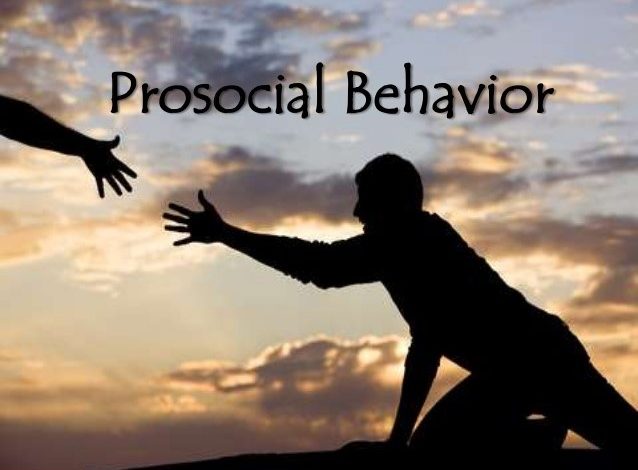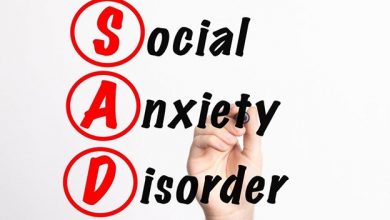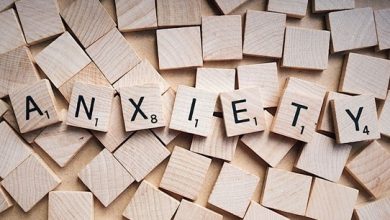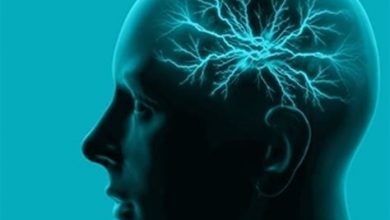Prosocial Behavior
Why and How is prosocial behavior important

The Basics of Prosocial Behavior
For the improvement of human relationships and the smooth functioning of society, prosocial behavior or voluntary behavior designed to benefit another person is obviously important.
Altruism, sometimes called prosocial conduct, motivated by sympathy or moral values/concerns rather than by egoistic factors, is of particular importance (e.g., concrete rewards, social approval, elimination of vicarious distress to make oneself feel better).
Unfortunately, the differences are often difficult, because some psychologists (and philosophers) say that there is no real altruism. Therefore, most of the empirical work already underway includes studying prosocial behavior, which can or cannot be altruistic.
Some theorists, like Batson, think that altruism usually stems from the experience of another individual’s emotional status (i.e. empathy) or otherwise (i.e., sympathy).
Other theorists, like Eisenberg, believe that pro-social behavior (particularly altruistic) can be generated by both inner moral values and compassion. Others, like Cialdini, also believe that hedonism drives prosocial behavior, such as helping to improve one’s own moods.
Empirical studies have shown that prosocial behaviors are related to both the sympathy and measures of individual moral reasoning and values. Empathy and sympathy are also thought to inhibit cruelty to others, even if it is not clear whether prosocial conduct and aggression are closely related to others (although both likely are affected by empathy and sympathy).
Personal Features Related To Prosocial Behavior
Some people are more prosocial than others, as is apparent in everyday life. Children and adults in prostitution tend to sympathize with others.
You are also more likely to understand and try to look at others’ thoughts and feelings. Moreover, people who tend to help others often hold different values (for example, value the well-being of others) and tend to take responsibility for actions such as supporting themselves.
Prosocial children tend to be socially talented, well-adjusted, well-regulated and positive, in their emotional expression. Even more than their peers are more likely to help others in both children and adulthood who reason more maturely about moral conflicts (e.g., use abstract ethical reasons, with sophisticated perspective and greater emphasis on values).
Particular attention is given to preschool children who engage in spontaneous, somewhat expensive prosocial behavior as adolescent girls (e.g. sharing toys they like) and tend to be more supportive and prosocial than adult girls. Thus, certain continuity appears to be in the prosocial reaction from a rather early age.
Origins of Prosocial Behavior
Prosocial behavior is a complex behavior that is affected by many biological and environmental factors. Twin studies have the conclusion that heredity is of major importance: identical twins (who share 100% of their genes) in prosocial behavior are more closely related to one another than brotherly twins and sympathizing with each other (who share only 50 percent of their genes).
Heredity is likely to influence aspects of personality or temperament such as self-regulation, emotionality, and conviviality, which help people to engage in higher levels of prosocial behavior. There is also substantial evidence that individual differences in prosocial behavior are also linked to socialization.
For example, if their parents were models of prosocial behavior, their children are more likely to help others. Warm supportive parenting has been linked also to prosocial tendencies in children, especially when combined with the use of positive discipline (e.g., the use of the reasoning of children on wrongdoing) whereas punitive parenting (e.g. physical discipline, privilege deprivation, or threat) is reversed. Parents who aid their children in caring for and understanding the feelings of others tend to promote prosocial trends in their offspring.
Suitable parental control levels, when combined with parental support, prosocial values, and behavior, seem to promote a prosocial response that helps children address and address the needs of others.
Check My Private Library For Psychology
…
Would You Like To Be Able To Help, Heal, And To Change Your Life And The Life Of Many People By Learning New Skills?…
Below Are The Easiest And The Most Effective Ways To Make It Happen!
- Become A Coach And Start Earning By Helping Other People
- Master Your Profession, Your Passion, Or Something New
- Be Part Of The World’s Leading Experts And Find Success
- At-Home Treatment For Children With Anxiety
Other Important Resources
- Improve Your Life Today (Book)
- IG: Personal / Eagle Beagle Spirit
- Visit Our Shop or Become An Ambassador
Always fighting for your rights and your daily improvement,
Juan Plamen





Excellent site you have here but I was curious if you knew of any message boards that cover the same topics discussed in this article? I’d really like to be a part of community where I can get advice from other knowledgeable people that share the same interest. If you have any recommendations, please let me know. Thank you!
Hello Colschen, thank you’lots! And yeah, you can join our private Facebook group in Eagle Beagle Spirit on Facebook, you’re super welcome 🙂
Hello, i think that i saw you visited my web site so i came to “return the favor”.I am attempting to find things to improve my site!I suppose its ok to use a few of your ideas!!
Thank you! 🙂